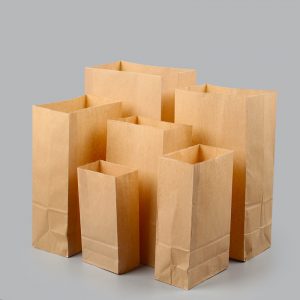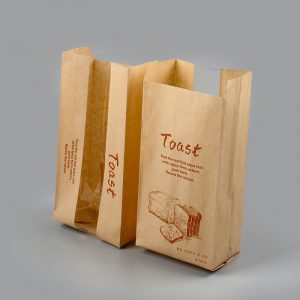Analysis of food degradation bags: the arrival of a new era of environmental protection
With the continuous improvement of people's environmental awareness, more and more enterprises are seeking sustainable development methods. In the field of food packaging, food biodegradable bags have become a highly concerned topic. So, what is a food degradation bag? What are its advantages and disadvantages? This article will analyze each one for you.
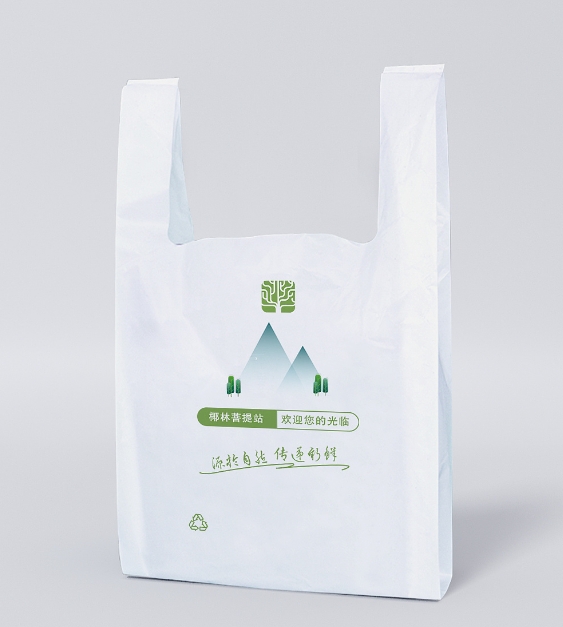 1、 What is a food degradation bag?
1、 What is a food degradation bag?
Food degradation bags are a new type of environmentally friendly material that can quickly decompose in natural environments without causing pollution to the environment. Compared with traditional plastic bags, food biodegradable bags have better biodegradability. This material is usually made of natural substances such as starch and polylactic acid, and has renewability and degradability.
2、 Advantages of food degradation bags 1. Environmental friendlinessThe biggest advantage of food degradation bags is their environmental friendliness. It can quickly decompose in the natural environment without causing pollution to the environment. Compared to traditional plastic bags, food biodegradable bags have a smaller environmental burden.
2. Security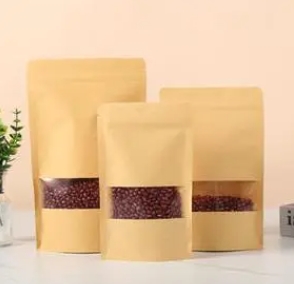
Food degradation bags are usually made of natural substances such as starch and polylactic acid, which do not contain harmful substances and are harmless to human health. This material will not release toxic gases at high temperatures like traditional plastic bags.
3. Reproducibility
Food degradation bags are renewable and can be recycled and reused. This material can not only reduce resource waste, but also lower production costs.
4. Promote sustainable developmentThe use of food degradation bags can promote sustainable development. It can reduce the use of plastic bags, lower environmental pollution, and also promote the development of the environmental protection industry.
3、 Disadvantages of food degradation bags1. High price
Compared to traditional plastic bags, the price of food biodegradable bags is higher. This is mainly due to higher production costs.
2. High storage requirementsFood degradation bags have relatively high requirements during storage, and need to avoid direct sunlight and high temperature environments. Otherwise, they are prone to decomposition, affecting their service life.
3. Decomposition takes timeAlthough food biodegradable bags have good biodegradability, the decomposition time requires a certain amount of time. In natural environments, they take several months or even years to fully decompose.
4、 How to use food degradation bags correctly 1. Avoid high temperature environmentsFood degradation bags are prone to decomposition in high temperature environments, so direct sunlight and high temperature environments should be avoided during storage and use.
2. Classified recycling
Food degradation bags can be recycled and reused, so they should be sorted and sent to specialized recycling stations after use.
3. Reasonable use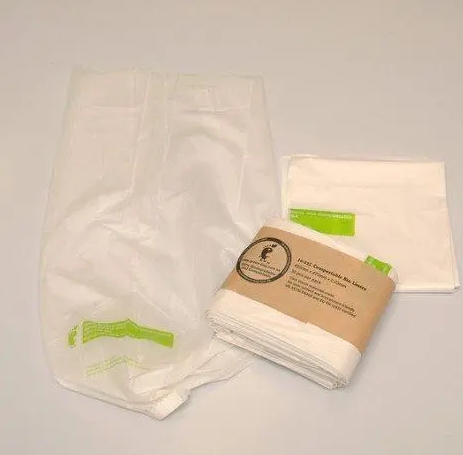
Although food biodegradable bags have good biodegradability, their decomposition takes time. Therefore, in the process of use, it is necessary to use it reasonably and avoid waste.
5、 Conclusion
Food biodegradable bags are a new type of environmentally friendly material with excellent biodegradability and renewability. It can reduce environmental pollution and promote sustainable development. Although its price is slightly higher than traditional plastic bags, in today's increasingly environmentally conscious world, choosing food biodegradable bags has become a choice for more and more people.










